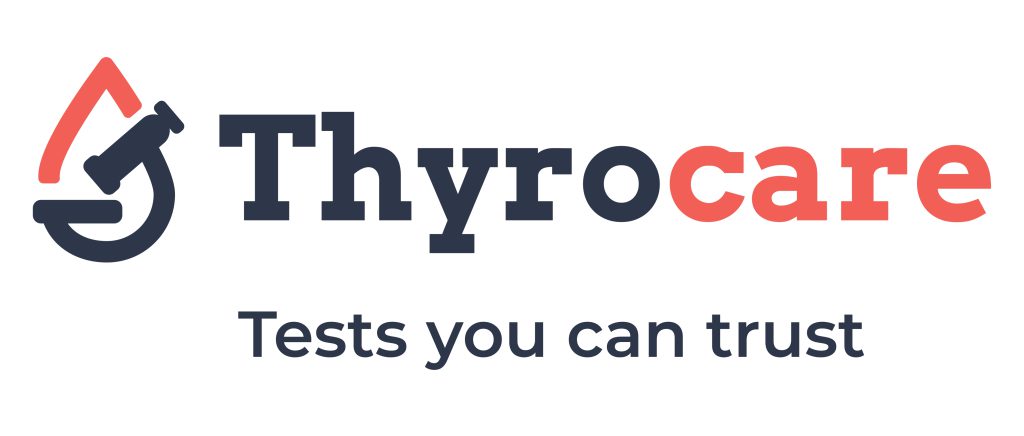
Ethacid 500mg Tablet
Ethacid 500mg Tablet is used in the treatment of bleeding. It is used to prevent or reduce bleeding in conditions like abnormal blood loss during periods and dysfunctional uterine bleeding. It also prevents or reduces bleeding during, before or after delicate surgeries.
Basic Info
Description
Ethacid 500mg Tablet is a hemostatic medication. It acts by increasing the ability of platelets to stick together and helps in the formation of blood clots. It also helps in controlling bleeding from capillaries which are tiny blood vessels. Take it in the exact dose and duration as prescribed by the doctor to get the maximum benefits.
Some common side effects of this medicine include nausea, headache, diarrhea, vomiting, or skin rash. If you experienced any of these side effects, let your doctor know. They may be able to suggest ways to prevent or reduce the side effects.
Before you take the medicine, inform the doctor if you have any problems with your liver, heart, or kidney. Do not take this medicine if you have any known allergies to this medication.
Uses
Bleeding
How To Use
Take this medicine in the dose and duration as advised by your doctor. Swallow it as a whole. Do not chew, crush or break it. Ethacid 500mg Tablet may be taken with or without food, but it is better to take it at a fixed time.
MOA
Ethacid 500mg Tablet is a haemostatic medication. It works by increasing the ability of platelets to stick together and form blood clots. It also helps control bleeding from tiny blood vessels (capillaries).
What If
If you miss a dose of Ethacid 500mg Tablet, take it as soon as possible. However, if it is almost time for your next dose, skip the missed dose and go back to your regular schedule. Do not double the dose.
Drug Tips
Ethacid 500mg Tablet helps reduce blood loss.
The dose and frequency depends on the condition that is being treated.
Inform your doctor if you are pregnant or breastfeeding.
Faqs
Q. How does Ethacid 500mg Tablet work?
Ethacid 500mg Tablet belongs to a class of medications called hemostatic agent. It acts by stopping bleeding from small blood vessels by stabilizing the wall of these blood vessels and improving platelet (blood cells that help in clotting)function.
Benefits
In Bleeding
Ethacid 500mg Tablet helps control excessive bleeding in various conditions such as surgeries, heavy bleeding during periods, etc. It prevents damage to clots, enhances clot formation and helps prevent complications of excessive bleeding such as hemorrhage. Take it as prescribed by the doctor to get the full benefits.
Side Effects
Most side effects do not require any medical attention and disappear as your body adjusts to the medicine. Consult your doctor if they persist or if you’re worried about them
Diarrhea
Nausea
Headache
Vomiting
Skin rash
Safety Profile
Alcohol:CONSULT YOUR DOCTOR
It is not known whether it is safe to consume alcohol with Ethacid 500mg Tablet. Please consult your doctor.
Pregnancy:CONSULT YOUR DOCTOR
Ethacid 500mg Tablet may be unsafe to use during pregnancy. Although there are limited studies in humans, animal studies have shown harmful effects on the developing baby. Your doctor will weigh the benefits and any potential risks before prescribing it to you. Please consult your doctor.
Breast feeding:CONSULT YOUR DOCTOR
Information regarding the use of Ethacid 500mg Tablet during breastfeeding is not available. Please consult your doctor.
Driving:SAFE
Ethacid 500mg Tablet does not usually affect your ability to drive.
Kidney:CONSULT YOUR DOCTOR
There is limited information available on the use of Ethacid 500mg Tablet in patients with kidney disease. Please consult your doctor.
Liver:CONSULT YOUR DOCTOR
There is limited information available on the use of Ethacid 500mg Tablet in patients with liver disease. Please consult your doctor.
Dr. Pritpal Singh Saini
MBBS, DNB (Ortho). Specialist in Arthroscopy, Joint Replacement & Trauma Surgery. Founder of MedbeW.
Medical Disclaimer: This content is for educational use only and not a substitute for professional medical advice. Consult a doctor before starting any treatment.
🛡️ Transparency & Compliance Notice
View Full IP Policy →Independent Platform: MedbeW.com is an independent aggregator. We are not affiliated with the manufacturer. Brand names are property of their respective owners and used here solely for identification.
Procurement & Availability: We do not store all the products listed on this website. This product will be procured from licensed distributors subject to availability. MedbeW acts as a facilitator to procure authentic medicines for you.
If you have concerns about this listing, please contact our Compliance Team directly for the fastest resolution.
Contact Compliance Officer Here OR Contact Support







